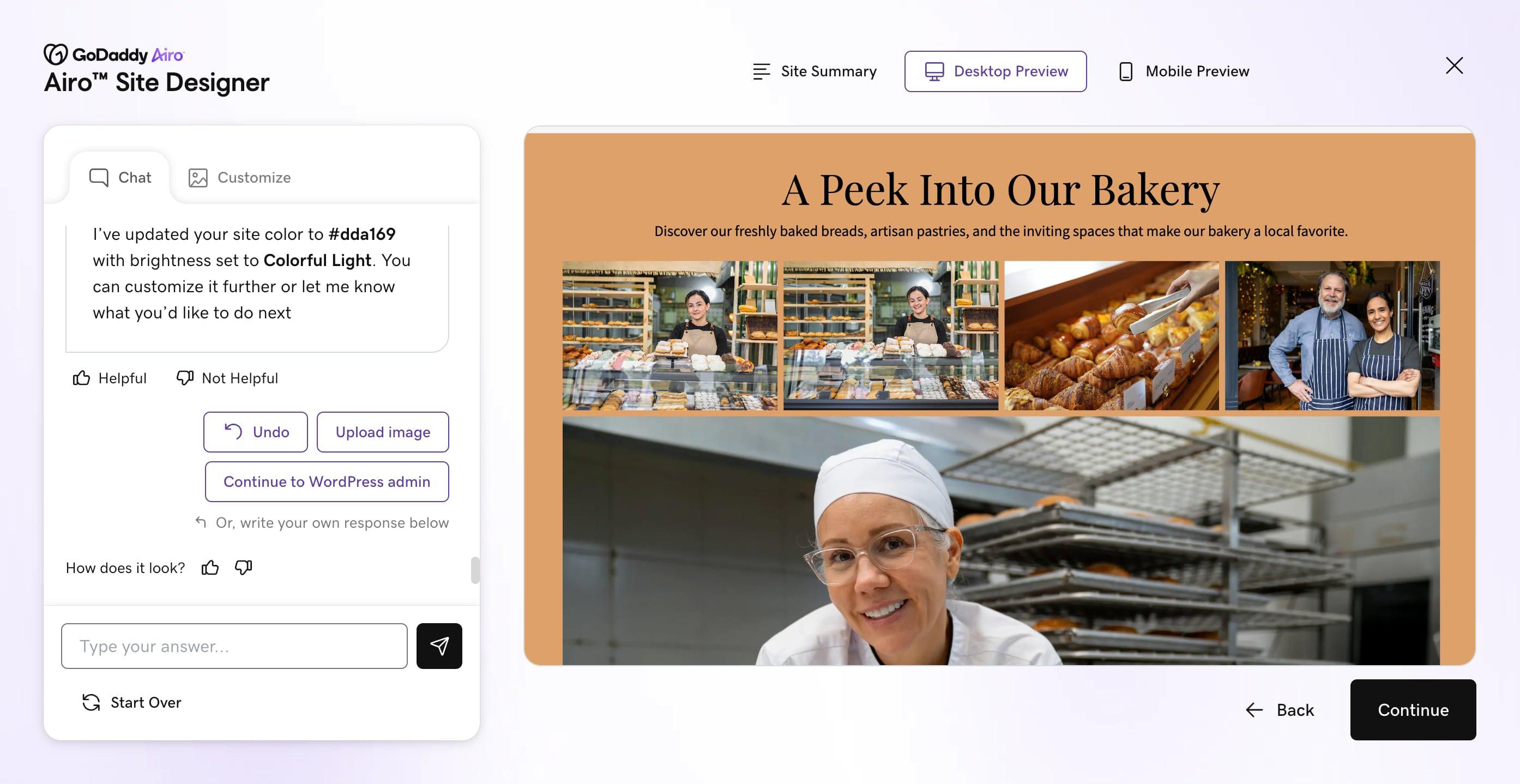When you’re hustling, time is money and that money comes in coins, not bills. It’s why we made our Website Terminology Glossary for web pros. This free resource for designers, developers, marketers or anyone else makes it easier explaining technical stuff to clients.
Rather than a lengthy back-and-forth, quickly find definitions that break it down in real terms. Start getting time back — and put more of those coins in the bank.
Website Terminology Glossary: Online Marketing, Vol. 1
Everyone can relate to shopping the familiar aisles of their favorite grocery store. When you discuss online marketing to clients, it helps to root your explanations in something familiar and calming — like running that quick errand.
A/B test
In marketing, an A/B test lets you present different versions of content (A and B) to your audience. For example, you could create two versions of a marketing email, and then send one version to half your subscribers and another version to the other half. You'd then check to see which version of the email performed better, and then use that version from then on.
It's kinda like
In a restaurant test kitchen, chefs try out various combinations of ingredients before settling on a final recipe. An A/B test lets you create a test kitchen for your marketing efforts.
You also might hear
split test, variant, experiment, cohort
Affiliate
To reach the largest audience, some businesses let third parties called affiliates market their products or services for a small percentage of revenue they generate. Online, affiliates typically display links on their websites, emails or other content that promote the operation they're supporting. When someone clicks their affiliate link and makes a purchase, the affiliate gets paid.
It's kinda like
An auto shop might exclusively offer one brand of tires and in return get a discount from the manufacturer. That auto shop would be like an affiliate marketer for the tire manufacturer.
You also might hear
referral, commission, tracking
CTA
Typically displayed as a button or link, a call to action (CTA) is a few words or brief phrase encouraging people to perform a desired action. Common CTAs include Buy Now, Sign Up or Learn More. Although CTAs might be short, it's important to put a lot of thought into creating them. They're a key marketing component of both websites and email.
It's kinda like
Highway billboards display brief messages that market to motorists as they drive by. Those few fleeting seconds mean billboard text has to be short and convincing, in much the same way we market to short attention spans on the web using calls to action.
You also might hear
action, goal, conversion, click-through rate (CTR)
Display ads
On websites, social media and some apps, display ads can be graphics, videos or animations that advertise something. Usually, advertisers pay a cost per click or per million views of their display ads. Because display ads can run on so many different platforms, it's important to understand the specifications required by each ad platform.
It's kinda like
A magazine ad has different dimensions than a billboard and, obviously, a TV commercial. Display ads online have the same kind of varied requirements and costs.
You also might hear
conversion, click-through rate (CTR), cost per click (CPC), cost per million (CPM), cost per acquisition (CPA)
Email marketing
Email marketing is the practice of sending email messages to advertise something like a product, service or organization. It's a very popular form of marketing because it requires a relatively small investment and can yield a large return. It's important to be aware of privacy and consent regulations surrounding email marketing.
It's kinda like
If you were selling a lawn care service door to door, you'd probably avoid apartment complexes or regions where lawns don't readily grow. You’d also ask if they are interested in hearing more about your service. Considering your audience and getting permission to have conversations with them is also central to email marketing.
You also might hear
newsletter, subscribers, distro, spam
Landing Page
A landing page is a stand-alone web page that is created precisely for potential consumers. It’s where they "land" after clicking on a link from an email or ads. Landing pages are mainly for a single goal which aims to have a visitor perform a specific action, like signing up for an email list or scheduling a sales call.
It’s kinda like
That song you hear on the radio and want to know the artist. You can use an app to identify the song and it will give you a link to download or buy the music.
You also might hear
destination page, entry page, target page
Organic
Organic means to generate consumer interest without use of paid or sponsored advertising. Most commonly, this refers to “organic traffic” coming from a search engine results page. If your website ranks high in Google, it will get a lot more organic traffic. It is the use of natural and value-based targeting that will get the consumer to come naturally. It can be done in a variety of ways such as email campaigns, blog posts or social media updates.
It’s kinda like
Buying a home where you have a long-term value and ownership to show for it. That's opposed to renting (paid advertising) where you have monthly costs that may arise out of your control.
You also might hear
inbound marketing, search engine marketing (SEM), search engine optimization (SEO)
Referral
A referral is when marketing happens by word of mouth, and in the case of websites, these are links from one website to another. Referral traffic comes from other businesses or partners who recommend your expertise and provide a link on their websites toa set of products or services that you can offer on your website.
It’s kinda like
Telling your friend about a book you enjoyed, which causes them to check it out from the library.
You also might hear
Word of mouth marketing, referral program, recommendation, affiliate
SEO
Search engine optimization (SEO) is the practice of increasing traffic and optimizing search results. It is done using targeted keywords, page structure and building links from other websites to organically increase your brand authority and exposure. Measuring and adjusting these efforts are key components of SEO.
It’s kinda like
Browsing the supermarket for a product, you check the labels to see if it's close to what you need. Like product labels informing a shopper, SEO informs search engines seeking to serve the right content to internet users.
You also might hear
Search results, rankings, position, organic marketing, keywords, search engine results page (SERP)
Social Media Marketing
Social media marketing is the use of social media platforms, such as Facebook, Instagram, Tik Tok, YouTube, LinkedIn and Twitter. You create content specifically for these platforms to promote, a business’s products by engaging platform users.
It’s kinda like
At a business networking event, how we connect and engage with potential consumers and partners can leave a memorable impression, which can lead to perceiving value and seeking out further information.
You also might hear
Engagement, posts, online presence, followers, fans







